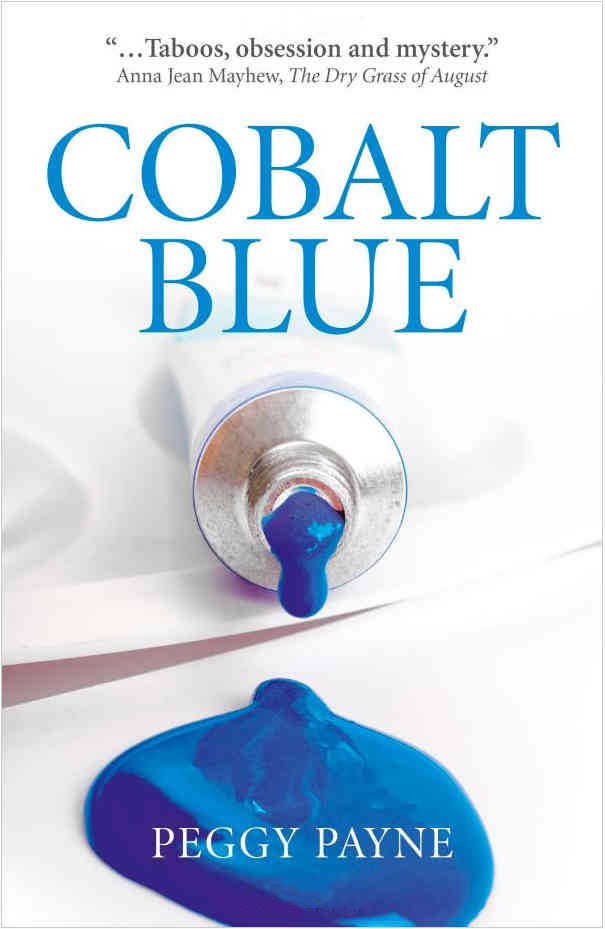A commenter on my friend Dr Joe Burgo’s fine blog AfterPsychotherapy.com asked me to respond to Ed Hallowell’s recent change of mind about use of stimulant meds for ADHD, in the context of recent demographic data collected by cell and land line phone survey, published in the New York Times  http://www.nytimes.
The NYTimes survey reported a much higher rate of ADHD diagnosis and use of stimulant meds with children than previously reported. Â A hue and cry has been raised insisting that therefore the syndrome is over-diagnosed and that there is a concomitant “epidemic” of unnecessary use of stimulants to treat this excessively high rate of ADHD diagnosis.
First of all, we need to apply the usual scientific standards to the data.  Self-reports from a phone survey do not meet standard scientific requirements from which to infer anything, except about these self-reports, not about actual professional diagnoses and prescription patterns.  Collecting qualified psychologists’ and physicians’ reports of  their own descriptive statistics on ADHD diagnosis and stimulant prescription would be far better data, from which we might be able to infer trends, once such data trends were carefully replicated.  Such cautious and circumspect science is unusual, costly and time consuming.  Sound and useful inferences could be made based on that kind of data.
Newspaper reports cannot take these complexities into account; their job is to publish entertaining and engaging stories that sell newspapers. Â However these stories are not nearly able to address the complicated research design and analysis issues involved. Â So if newspaper stories can’t meet scientific journal standards, what are we think about these important issues?
What follows is a comment I just sent to Scientific American Mind on their May/June issue article ““Are doctors diagnosing too many kids with ADHD” by editors Scott Lilienfeld and Hal Arkowitz http://www.
“Telephone survey data can be analyzed only as soft information, which is certainly not necessarily descriptive of actual diagnosis and treatment of ADHD by doctors. Â The scientific picture is quite complex and not at all definitive, as alarmists are inferring. Â I have a strong ADHD syndrome and have parented two sons through their own difficult variations of this syndrome. Â My expertise in adult ADHD is based on this personal experience and about 45 years of private practice as a clinical psychologist. Â Â Â ADHD is diagnosed by history, and no valid and reliable test or physiological markers are available to define the syndrome. Â I can usually correctly identify adult ADHD, especially in men. within five to fifteen minutes of a first session, partly because they often remark on how my disorganized office is “just like home”. Â Working with a client’s responses to the comprehensive narrative description in the Hallowell’s recent book, rated 5 Star
Married to Distraction: How to Restore Intimacy and Strengthen Your Partnership in an Age of Interruption by Edward M. Hallowell M.D., Sue Hallowell and Melissa Orlov (Feb 8, 2011)
 is usually sufficient for clarifying my initial impressions.  [Their book is about marriage in the current age of “distraction”, not primarily about ADHD.  The chapter I’ve referenced is very useful when relevant for a couple.]

